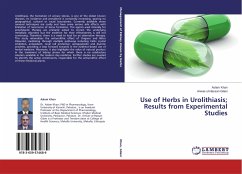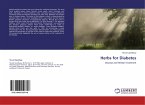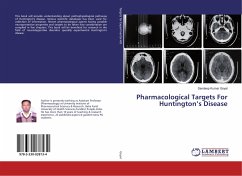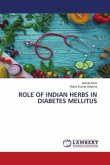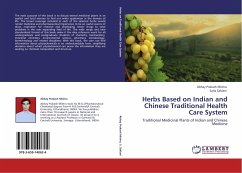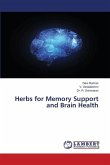Urolithiasis, the formation of urinary stones, is one of the oldest known diseases. Its incidence and prevalence is constantly increasing, sparing no geographical, cultural or racial boundaries. Currently available stone removal techniques are costly and have some serious side effects with limitation of recurrence of stone formation. The agents used clinically for prophylactic therapy are primarily aimed to correct the underlying metabolic disorders but the evidence for their effectiveness is still not convincing. Therefore, there is a need to look for an alternative therapy. This study rationalizes the antiurolithic effect of Origano and Bitter Oleander, mediating through multiple pathways including CaOx crystal inhibition, antioxidant, renal cell protective, antispasmodic and diuretic activities, providing a step forward towards in the evidence-based use of herbal medicine. Moreover, it also highlights the value of natural product in the treatment of kidney stones for which there is no satisfactory solution available in the modern day medicine. Further studies are needed to identify the active constituents, responsible for the antiurolithic effect of these medicinal plants.
Hinweis: Dieser Artikel kann nur an eine deutsche Lieferadresse ausgeliefert werden.
Hinweis: Dieser Artikel kann nur an eine deutsche Lieferadresse ausgeliefert werden.

